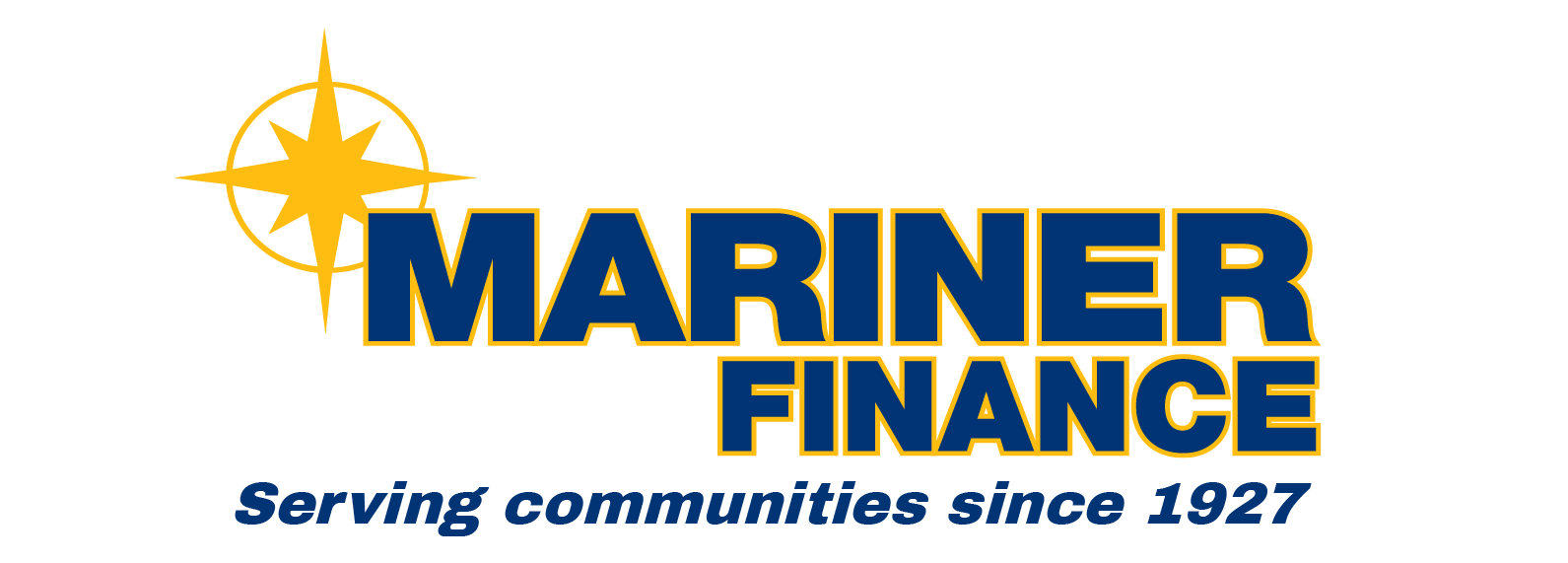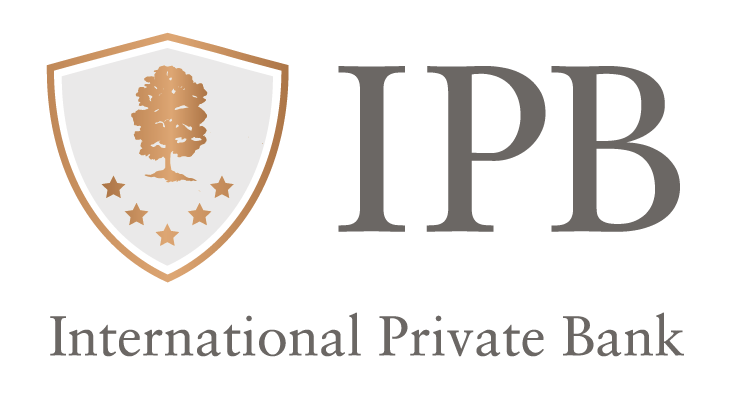
This is an extraordinary honor to be recognized as the Best State Financial Advisor. Forbes Best In State list highlights the best 5,000 national financial advisors. The algorithm uses both quantitative and qualitative data in order to evaluate these advisors. It also includes assets under Management, industry experience and revenue trends.
To be considered for the Forbes Best In State listing, advisors must have been practicing for at most 7 years and have a clean record. A registered investment advisor must be registered with the firm. They must be able to share more than 50% of their revenues or production with clients. Advisors must have at least one-year experience with their current firm. Forbes' list is based on a SHOOK Research algorithm that combines revenue and production, assets under management, and industry experience to create an algorithm of quantitative and qualitative data. This algorithm can be used to evaluate thousands upon thousands of advisors. The data is weighted in order to prioritize the best practices and dynamics within the industry.

Forbes Best In State is a list of 250 advisors who have over $1.43 billion in client assets. The list also includes advisors who were included in the top 25 for the past two years. They include Jeff Erdmann from Merrill Private Wealth Management, and Brian Pfeifler of Morgan Stanley Private Wealth Management. In addition to Lauren Konstantin, Robert Gilliland, Emily Hill and George Georgiades were all named in Forbes' Best In State list over the past two years.
Forbes' Best In State List includes both quantitative and qualitative data. The algorithm evaluates factors such production and revenue trends, industry experience, assets under manager, and asset management. The algorithm also considers firm nominations as well as revenue trends. It is based on in-person interviews and telephone due diligence meetings. It is not a robotic ranker because it is funded by both research partners and conferences. It is an objective, quantitative analysis of the industry's top financial advisors.
Forbes Best In State ranking includes a mix of quantitative and qualitative data. However, this ranking does not necessarily reflect future investment performance. A highly rated advisor does not guarantee that you will have better investment results. This ranking does not reflect the experience of every client. Rankings are calculated based upon the advisor's revenue and output, quality of their assets under their management, and client retention. Because investment performance is not a criterion for a client's goals, it is not part of the ranking.

The Forbes 2021 Best In State Wealth Advisors list was created by Forbes and SHOOK Research to help advisors compare their business practices to a large group of other financial advisors. It is not a robot-ranker as it does not get any fees from the ranked advisors. It was designed to allow advisors to compare business practices with thousands of financial advisors. It also assists advisors in making informed decisions about choosing a financial planner. In March 2021, the rankings were made public.
FAQ
What is personal financing?
Personal finance means managing your money to reach your goals at work and home. It involves understanding where your money goes, knowing what you can afford, and balancing your needs against your wants.
If you master these skills, you can be financially independent. This means you are no longer dependent on anyone to take care of you. You don't need to worry about monthly rent and utility bills.
Learning how to manage your finances will not only help you succeed, but it will also make your life easier. It makes you happier. When you feel good about your finances, you tend to be less stressed, get promoted faster, and enjoy life more.
What does personal finance matter to you? Everyone does! The most searched topic on the Internet is personal finance. Google Trends shows that searches for "personal finances" have increased by 1,600% in the past four years.
Today, people use their smartphones to track budgets, compare prices, and build wealth. You can read blogs such as this one, view videos on YouTube about personal finances, and listen to podcasts that discuss investing.
Bankrate.com says that Americans spend on the average of four hours per day watching TV and listening to music. They also spend time surfing the Web, reading books, or talking with their friends. It leaves just two hours each day to do everything else important.
When you master personal finance, you'll be able to take advantage of that time.
How does a rich person make passive income?
There are two methods to make money online. One is to create great products/services that people love. This is called earning money.
The second is to find a method to give value to others while not spending too much time creating products. This is called passive income.
Let's imagine you own an App Company. Your job is development apps. Instead of selling apps directly to users you decide to give them away free. This is a great business model as you no longer depend on paying customers. Instead, you rely on advertising revenue.
Customers may be charged monthly fees in order to sustain your business while you are building it.
This is how most successful internet entrepreneurs earn money today. Instead of making money, they are focused on providing value to others.
Why is personal finances important?
Personal financial management is an essential skill for anyone who wants to succeed. In a world of tight money, we are often faced with difficult decisions about how much to spend.
Why should we save money when there are better things? Is there nothing better to spend our time and energy on?
Yes and no. Yes, because most people feel guilty when they save money. It's not true, as more money means more opportunities to invest.
If you can keep your eyes on what is bigger, you will always be able spend your money wisely.
You must learn to control your emotions in order to be financially successful. You won't be able to see the positive aspects of your situation and will have no support from others.
Also, you may have unrealistic expectations about the amount of money that you will eventually accumulate. This is because you aren't able to manage your finances effectively.
These skills will prepare you for the next step: budgeting.
Budgeting is the practice of setting aside some of your monthly income for future expenses. Planning will allow you to avoid buying unnecessary items and provide sufficient funds to pay your bills.
Now that you are able to effectively allocate your resources, you can look forward to a brighter future.
What is the limit of debt?
It is important to remember that too much money can be dangerous. You'll eventually run out cash if you spend more money than you earn. It takes time for savings growth to take place. So when you find yourself running low on funds, make sure you cut back on spending.
But how much do you consider too much? Although there's no exact number that will work for everyone, it is a good rule to aim to live within 10%. This will ensure that you don't go bankrupt even after years of saving.
This means that if you make $10,000 yearly, you shouldn't spend more than $1,000 monthly. If you make $20,000, you should' t spend more than $2,000 per month. You shouldn't spend more that $5,000 per month if your monthly income is $50,000
Paying off your debts quickly is the key. This includes student loans and credit card bills. You'll be able to save more money once these are paid off.
You should also consider whether you would like to invest any surplus income. You could lose your money if you invest in stocks or bonds. But if you choose to put it into a savings account, you can expect interest to compound over time.
For example, let's say you set aside $100 weekly for savings. In five years, this would add up to $500. At the end of six years, you'd have $1,000 saved. In eight years, your savings would be close to $3,000 When you turn ten, you will have almost $13,000 in savings.
Your savings account will be nearly $40,000 by the end 15 years. That's quite impressive. However, if you had invested that same amount in the stock market during the same period, you'd have earned interest on your money along the way. Instead of $40,000, your net worth would be more than $57,000.
That's why it's important to learn how to manage your finances wisely. A poor financial management system can lead to you spending more than you intended.
What is the difference in passive income and active income?
Passive income is when you make money without having to do any work. Active income requires hard work and effort.
Active income is when you create value for someone else. It is when someone buys a product or service you have created. Selling products online, writing ebooks, creating websites, and advertising your business are just a few examples.
Passive income is great as it allows you more time to do important things while still making money. Many people aren’t interested in working for their own money. So they choose to invest time and energy into earning passive income.
Problem is, passive income won't last forever. You might run out of money if you don't generate passive income in the right time.
Also, you could burn out if passive income is not generated in a timely manner. Start now. If you wait to start earning passive income, you might miss out opportunities to maximize the potential of your earnings.
There are three types to passive income streams.
-
There are several options available for business owners: you can start a company, buy a franchise and become a freelancer. Or rent out your property.
-
Investments include stocks, bonds, mutual funds, ETFs, and ETFs.
-
Real Estate - These include buying land, flipping houses and investing in real estate.
How can a beginner make passive income?
Start with the basics, learn how to create value for yourself, and then find ways to make money from that value.
You may even have a few ideas already. If you do, great! If you do, great!
Finding a job that matches your interests and skills is the best way to make money online.
There are many ways to make money while you sleep, such as by creating websites and apps.
But if you're more interested in writing, you might enjoy reviewing products. Or if you're creative, you might consider designing logos or artwork for clients.
Whatever topic you choose to focus on, ensure that it's something you enjoy. If you enjoy it, you will stick with the decision for the long-term.
Once you have discovered a product or service that you are passionate about helping others purchase, you need to figure how to market it.
You have two options. The first is to charge a flat-rate for your services (like freelancers) and the second is per project (like agencies).
In each case, once your rates have been set, you will need to promote them. This includes sharing your rates on social media and emailing your subscribers, as well as posting flyers and other promotional materials.
These three tips can help increase your chances to succeed when you promote your company:
-
You are a professional. When you work in marketing, act like one. You never know who will review your content.
-
Know what your topic is before you discuss it. After all, no one likes a fake expert.
-
Do not spam. If someone asks for information, avoid sending emails to everyone in your email list. For a recommendation, email it to the person who asked.
-
Use a good email provider - Gmail and Yahoo Mail are both free and easy to use.
-
Monitor your results: Track how many people open your messages and click links to sign up for your mailing list.
-
Measuring your ROI is a way to determine which campaigns have the highest conversions.
-
Ask for feedback: Get feedback from friends and family about your services.
-
You can try different tactics to find the best one.
-
Learn new things - Keep learning to be a marketer.
Statistics
- Mortgage rates hit 7.08%, Freddie Mac says Most Popular (marketwatch.com)
- According to a June 2022 NerdWallet survey conducted online by The Harris Poll. (nerdwallet.com)
- As mortgage rates dip below 7%, ‘millennials should jump at a 6% mortgage like bears grabbing for honey' New homeowners and renters bear the brunt of October inflation — they're cutting back on eating out, entertainment and vacations to beat rising costs (marketwatch.com)
- According to the company's website, people often earn $25 to $45 daily. (nerdwallet.com)
- U.S. stocks could rally another 25% now that Fed no longer has ‘back against the wall' in inflation fight (marketwatch.com)
External Links
How To
How passive income can improve cash flow
There are many online ways to make extra money without any hard work. Instead, you can make passive income at home.
You may already have an existing business that could benefit from automation. Automation can be a great way to save time and increase productivity if you're thinking of starting a new business.
Automating your business is a great way to increase its efficiency. This allows you more time to grow your business, rather than run it.
Outsourcing tasks is an excellent way to automate them. Outsourcing allows your business to be more focused on what is important. Outsourcing a task is effectively delegating it.
You can concentrate on the most important aspects of your business and let someone else handle the details. Outsourcing allows you to focus on the important aspects of your business and not worry about the little things.
Another option is to turn your hobby into a side hustle. It's possible to earn extra cash by using your skills and talents to develop a product or service that is available online.
Articles are an example of this. You have many options for publishing your articles. These websites pay per article, allowing you to earn extra monthly cash.
Another option is to make videos. Many platforms let you upload videos directly to YouTube and Vimeo. You'll receive traffic to your website and social media pages when you post these videos.
Investing in stocks and shares is another way to make money. Investing in stocks and shares is similar to investing in real estate. Instead of receiving rent, dividends are earned.
You receive shares as part of your dividend, when you buy shares. The amount of the dividend depends on how much stock you buy.
If you decide to sell your shares, you will be able to reinvest the proceeds into new shares. You will keep receiving dividends for as long as you live.